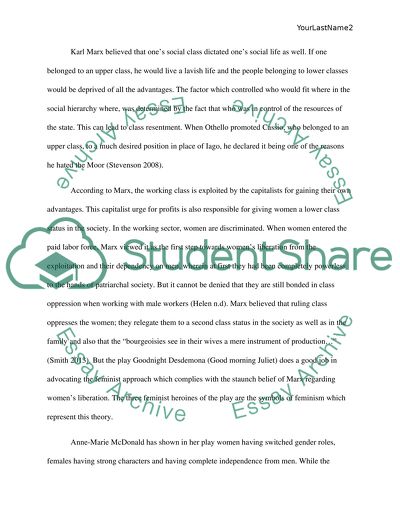Cite this document
(“Goodnight Desdemona (Good Morning Juliet) Thesis”, n.d.)
Retrieved from https://studentshare.org/literature/1668991-goodnight-desdemona-good-morning-juliet
Retrieved from https://studentshare.org/literature/1668991-goodnight-desdemona-good-morning-juliet
(Goodnight Desdemona (Good Morning Juliet) Thesis)
https://studentshare.org/literature/1668991-goodnight-desdemona-good-morning-juliet.
https://studentshare.org/literature/1668991-goodnight-desdemona-good-morning-juliet.
“Goodnight Desdemona (Good Morning Juliet) Thesis”, n.d. https://studentshare.org/literature/1668991-goodnight-desdemona-good-morning-juliet.


